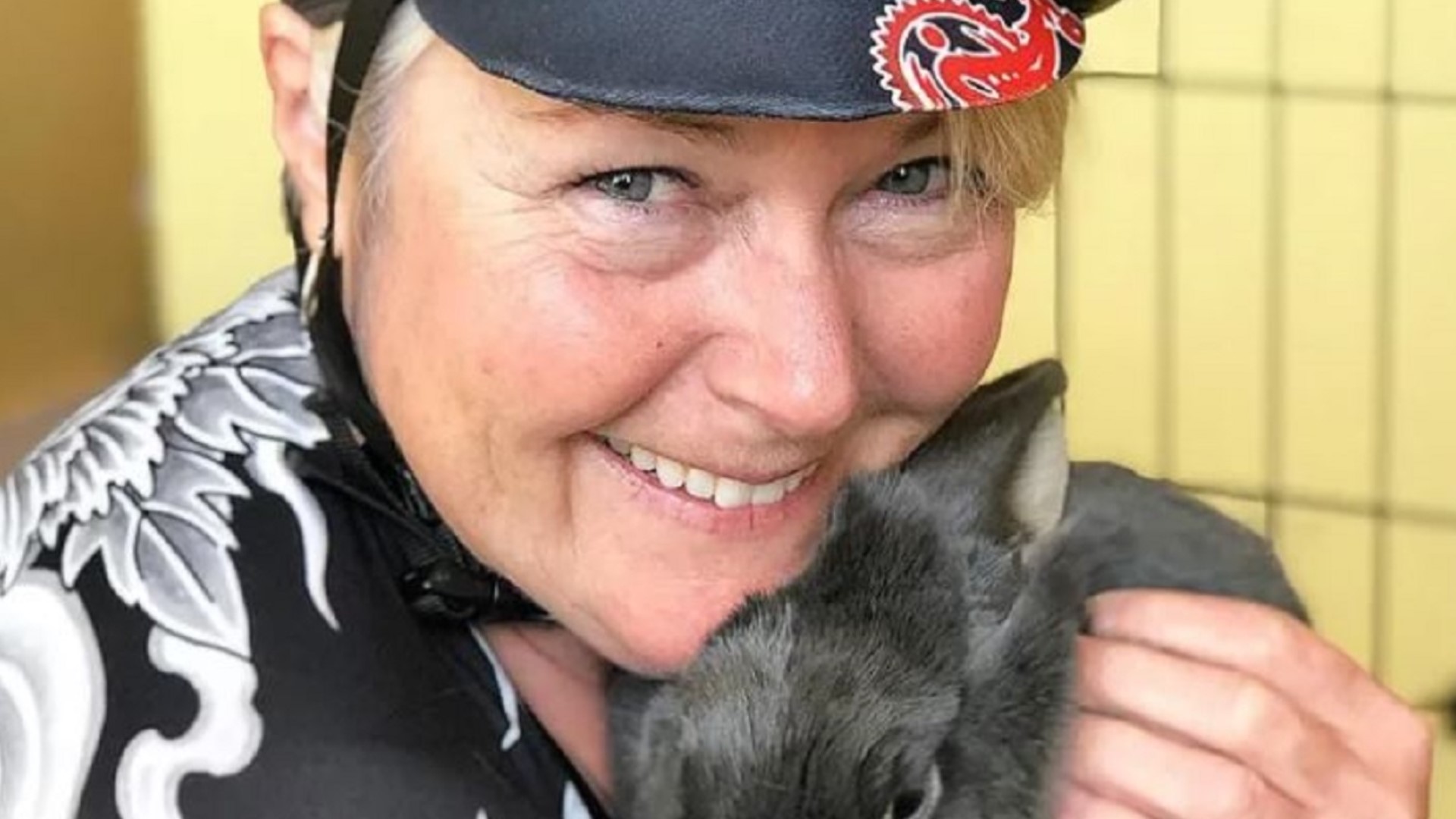SNOQUALMIE, Wash. — The 60-year-old woman who was attacked by a young cougar while riding on a mountain bike trail faces a "lifelong battle and a long road ahead to recovery," according to a GoFundMe page setup by her daughters.
Keri Bergere was riding with four other people, two in front of her and two behind, when a 75-pound cougar tackled her off her bike around 12:30 p.m. on Feb. 17. The cougar "latched onto her lower jaw."
Bergere's friends spent about 15 minutes trying to get the cougar off her. When the young male cougar finally released his hold, Bergere's friends held him down with a bike - this lasted about 30 minutes, according to the GoFundMe page.
"Because of these heroic women, we still have our mom with us. We are forever grateful to them all," Bergere's daughters wrote on the GoFundMe page.
Bergere suffered "severe trauma to her face as well as permanent nerve damage."
Bergere was released from Harborview Medical Center on Thursday, Feb. 22, according to a hospital spokesperson.
Meanwhile, the cougar that attacked Bergere was killed at the scene. It was estimated to be approximately six months old.
Witnesses at the scene reported seeing a second cougar run by, but Washington Department of Fish and Wildlife law enforcement did not locate one after "an exhaustive search" that included the aid of hounds.
Washington Department of Fish and Wildlife is submitting the dead cougar for examination at Washington State University to determine age, whether it had any disease and body condition.
Washington's cougar population, history of attacks
Cougars are not listed as endangered or threatened in Washington, according to the Mountain Lion Foundation.
Cougars need large home ranges and don't like crossing roads, so even sparse roads can create big problems,” said Josh Rosenau, director of policy and advocacy for the Mountain Lion Foundation.
In Washington, cougars on the Olympic peninsula are experiencing serious losses of genetic diversity because they are isolated by I-5, but that hasn't led to evaluation for threatened or endangered status, he said.
Rosenau said a persistent research finding in Washington is that conflict with livestock or people increases in areas with more hunting or killing.
When an older cougar is killed, it makes way for younger, less cautious cougars who are more prone to conflict to enter the habitat, he said. If a mother cougar is killed, it often leaves orphaned kittens to starve or fend for themselves.
With Saturday’s case possibly involving two cougars, Rosenau said when two cougars are seen together, it is almost always a mom and a kitten, or two young siblings with a mother either hunting or killed.
“Human activities, including hunting but also car strikes, are the single largest cause of cougar mortality, but certainly they can also die from conflict with other cougars, injuries from prey fighting back, or attacks by coyotes, bears, feral dogs, or other large carnivores,” Rosenau said.
WDFW officials say cougar attacks on humans are extremely rare. In the last 100 years, the agency has recorded two fatal cougar attacks and approximately 20 other cougar attacks in Washington.
In 2023, an 8-year-old suffered minor injuries when she was attacked by a cougar while camping at Lake Angeles in the Olympic National Park in July. A dog was injured by a cougar during an attack at Lake Cushman that same month.
WDFW offers the following advice on what to do if you are attacked, urging people to fight back, and try to stay on your feet.
- Stop, pick up small children immediately, and don’t run. Running and rapid movements may trigger an attack. Remember, at close range, a cougar’s instinct is to chase.
- Face the cougar. Talk to it firmly while slowly backing away. Always leave the animal an escape route.
- Try to appear larger than the cougar. Get above it (e.g., step up onto a rock or stump). If wearing a jacket, hold it open to further increase your apparent size. If you are in a group, stand shoulder-to-shoulder to appear intimidating.
- Do not take your eyes off the cougar or turn your back. Do not crouch down or try to hide.
- Never approach the cougar, especially if it is near a kill or with kittens, and never offer it food.
- If the cougar does not flee, be more assertive by shouting, waving your arms and throwing anything you have available (water bottle, book, backpack). The idea is to convince the cougar that you are not prey, but a potential danger.

